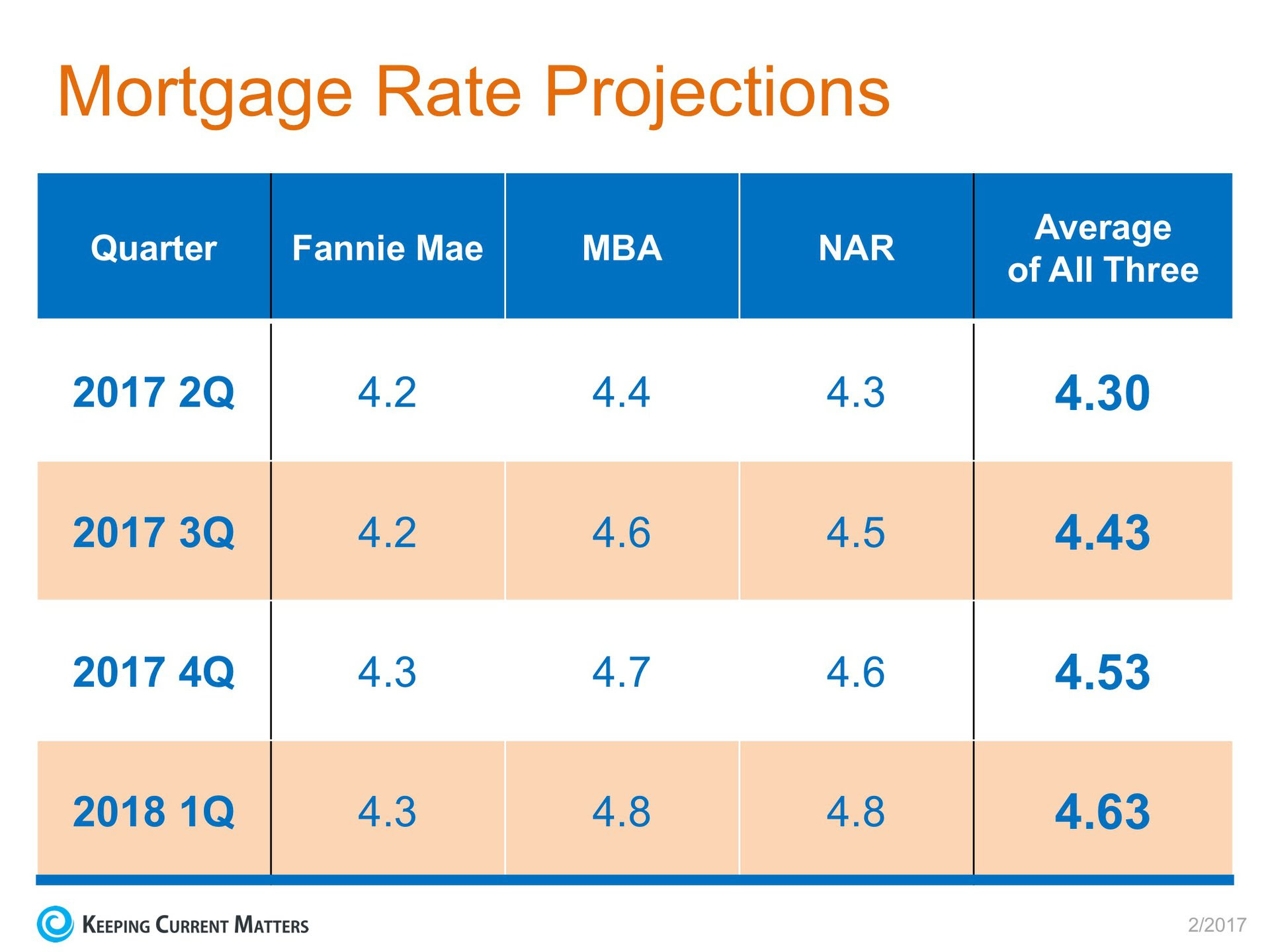Most homeowners have some concerns when it comes to hiring home improvement professionals. Some are afraid of overpaying, some worry that they're hiring an unqualified professional, and others wonder about the character of the individuals they're inviting into their homes. Asking these ten questions can help alleviate all of these concerns.
1. How long have you been in the business or working in the industry?
Look for a credible track record and successful work experience.
2. Are you licensed, insured and bonded?
At the very least, make sure your pro is licensed and carries worker’s comp and liability insurance. Bonding is not a universal requirement. Think of bonding as homeowner insurance that protects you in case of an incomplete job.
3. Do you guarantee your work in writing?
While a verbal guarantee is nice, it offers no guarantees that the contractor will actually stand behind his work. Draft a written guarantee that states exactly what is and isn’t covered.
4. Can you provide references?
Ratings and reviews are a great resource, especially when coupled with references from previous customers. Ask your contractor to provide a list of references. Don't hire pros who can't offer references.
5. Do you pull all the required permits?
Failing to pull the required permits can cost you big time. Have your contractor pull the necessary paperwork and permits to get your job started. If your contractor is hesitant, find a new pro.
6. Who will be managing the project?
If your contractor isn't in charge of your job, insist on meeting the project manager to ensure he measures up to your standards.
7. What is the project timeline and daily work schedule?
Construction scheduling is never perfect. Workers get sick, orders get delayed and weather causes interruptions. But an organized contractor will provide you with a work schedule that clearly outlines a start and end date.
8. Will you need water or bathroom facilities?
Most contractors are self-sufficient enough to bring their own water. But, unless your job is a major remodel that necessitates bringing in a port-a-john, there’s a good chance your workers will need to use your facilities. Dedicate a bathroom (or bathrooms) to your workers before you start your project.
9. Will you need my garage code or keys to my house? Who will have access?
Many homeowners feel uncomfortable handing over the keys to their home. Unless you plan on staying home during the construction, you’re going to need to give your contractor access to your house. Knowing who has the keys to your home will give you peace of mind.
10. Will you sign a contract?
All worthwhile contractors will write out a clear contract that defines the work to be performed, as well as the material, costs and completion timeframes associated with the project. Thorough contracts also cover what happens if the project becomes problematic. This is known as a time and materials contract. The contract should also include a termination clause that spells out the circumstances in which both parties are allowed to terminate the contract.


 The National Association of Realtors recently released a study titled
The National Association of Realtors recently released a study titled 


 The price of any item is determined by the supply of that item, as well as the market demand. The National Association of REALTORS (NAR) surveys “over 50,000 real estate practitioners about their expectations for home sales, prices and market conditions” for their monthly
The price of any item is determined by the supply of that item, as well as the market demand. The National Association of REALTORS (NAR) surveys “over 50,000 real estate practitioners about their expectations for home sales, prices and market conditions” for their monthly 

![5 Reasons to Love Using A RE Pro [INFOGRAPHIC] | Keeping Current Matters](https://blogger.googleusercontent.com/img/proxy/AVvXsEjitYPbu6FWMZow3jF_TL-AI_6UooEkDnLXzrwI32ud5MV8GuTHt3uunyWm4KxsjFdOTxDTitqpKTdvXwr_7TDivdc8eyqoZqh6deVySZKpNj-JkF_skoZYEyptqPGzhmw-0ay1wpIno7cMnITl-buQfRxOfbnSqvHMIZCDIhteSFCcxjBb28rh0YJ4OUgELgV10TU68qjTXs8=s0-d-e1-ft)
 The housing crisis is finally in the rear-view mirror as the real estate market moves down the road to a complete recovery. Home values are up. Home sales are up. Distressed sales (foreclosures and short sales) have fallen dramatically. It seems that 2017 will be the year that the housing market races forward again. However, there is one thing that may cause the industry to tap the brakes: a lack of housing inventory. While
The housing crisis is finally in the rear-view mirror as the real estate market moves down the road to a complete recovery. Home values are up. Home sales are up. Distressed sales (foreclosures and short sales) have fallen dramatically. It seems that 2017 will be the year that the housing market races forward again. However, there is one thing that may cause the industry to tap the brakes: a lack of housing inventory. While 
 It is common knowledge that a large number of homes sell during the spring-buying season. For that reason, many homeowners hold off on putting their homes on the market until then. The question is whether or not that will be a good strategy this year. The other listings that do come out in the spring will represent increased competition to any seller. Do a greater number of homes actually come to the market in the spring, as compared to the rest of the year? The National Association of Realtors (NAR) recently revealed the months in which most people listed their homes for sale in 2016. Here is a graphic showing the results:
It is common knowledge that a large number of homes sell during the spring-buying season. For that reason, many homeowners hold off on putting their homes on the market until then. The question is whether or not that will be a good strategy this year. The other listings that do come out in the spring will represent increased competition to any seller. Do a greater number of homes actually come to the market in the spring, as compared to the rest of the year? The National Association of Realtors (NAR) recently revealed the months in which most people listed their homes for sale in 2016. Here is a graphic showing the results: 


![Tips for Preparing Your House For Sale [INFOGRAPHIC] | Keeping Current Matters](https://blogger.googleusercontent.com/img/proxy/AVvXsEiC2DBYaFF7J5UfY5hClK9Ad176WMCBWXzKqRFgnW8gX_ie26GaFsVdx5RF7aWyS7x1XGtzvMDHRFXV2ZNFLLcQ4rxWATrEhPmD9mJhbUbwNdfTR5fc_6sXnyQ3ktu27FN9gYPbTdnmhyphenhyphenTXrDALSHcgsb-tqUb17XL_q_Uj5M9orPSkJ4M_i5HUDqKgfcK-fFfPDrKE_z9bXiI9nTaDha4ZWA=s0-d-e1-ft)